TOP 5 THINGS TO KNOW ABOUT COVID-19 AND DELTA VARIANT
1. Getting vaccinated prevents severe illness, hospitalization, and death; it also helps reduce the spread of the virus in communities.
o Unvaccinated individuals should get vaccinated and continue masking until they are fully vaccinated.
o With the Delta variant, this is more urgent than ever. The highest spread of cases and severe outcomes is happening in places with low vaccination rates
2. Data show Delta is different than past versions of the virus: it is much more contagious.
o Some vaccinated people can get Delta in a breakthrough infection and may be contagious.
o Even so, vaccinated individuals represent a very small amount of transmission occurring around the country.
o Virtually all hospitalizations and deaths continue to be among the unvaccinated.
3. In areas with substantial and high transmission, CDC recommends that everyone (including fully vaccinated individuals) wear a mask in public indoor settings to help prevent spread of Delta and protect others.
4. CDC recommends that community leaders encourage vaccination and masking to prevent further outbreaks in areas of substantial and high transmission.
5. CDC recommends universal indoor masking for all teachers, staff, students, and visitors to K-12 schools, regardless of vaccination status. Children should return to full-time in-person learning in the fall with layered prevention strategies in place.
BACKGROUND ON VACCINATION AND DELTA MESSAGING
Vaccination is the most important public health action to end the COVID-19 pandemic.
Get vaccinated to prevent severe illness, hospitalizations, and death.
We need more people vaccinated.
Vaccination coverage by county in the U.S. ranges from 9% to 89%, and remains below 40% in over half of the counties.
Areas of low vaccination coverage have rapidly increasing cases
COVID-19 cases have increased over 300% nationally from June 19 to July 23,2021 driven by the highly transmissible B.1.617.2 (Delta) variant.
Importantly, while we are seeing case numbers similar to the wave we experienced last summer, there are over 70% fewer deaths due largely to the impact of the vaccines.
Healthcare systems are being strained in many states with surging cases, imperiling providers’ ability to deliver care not only for patients with COVID-19 but also those with other healthcare needs.
We are in a race against time to increase vaccination coverage before new variants emerge.
We continue to have good evidence that our vaccines are safe and effective and provide protection against the variants circulating in the United States.
Data demonstrate that the vaccines are preventing severe illness, hospitalization, and death, and are effective against the Delta variant.
Vaccination is the best way to protect you, your family, and your community.
High vaccination coverage will reduce spread of the virus and help prevent new variants from emerging.
The emerging evidence about the Delta variant demonstrates it is more formidable than the original virus.
Delta spreads more than twice as easily from one person to another, compared with earlier strains.
Delta has most recently surged to become the predominant variant –from <1% in May to over 80% of cases in July.
Delta is causing some “vaccine breakthrough infections,” meaning infections in fully vaccinated people, than other strains have. But, even so:
Most breakthrough infections are mild.
Vaccines are working as they should—they are preventing severe illness, hospitalizations, and death.
New data show that people infected with Delta have higher viral loads—meaning more virus in their body—than with previous variants.
In contrast to the Alpha strain, new data show that fully vaccinated people who are infected with the Delta variant might be infectious and might potentially spread the virus to others.

